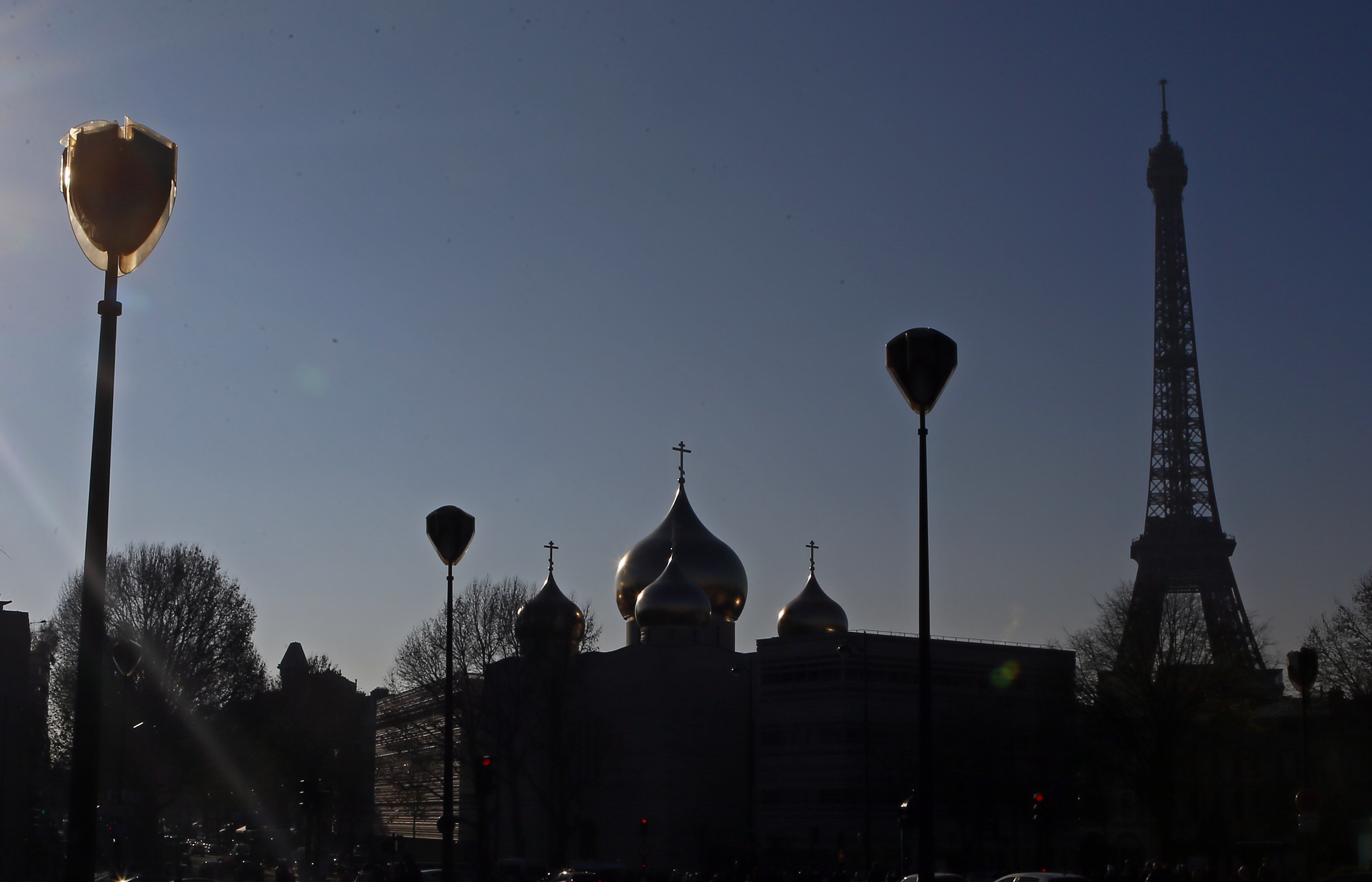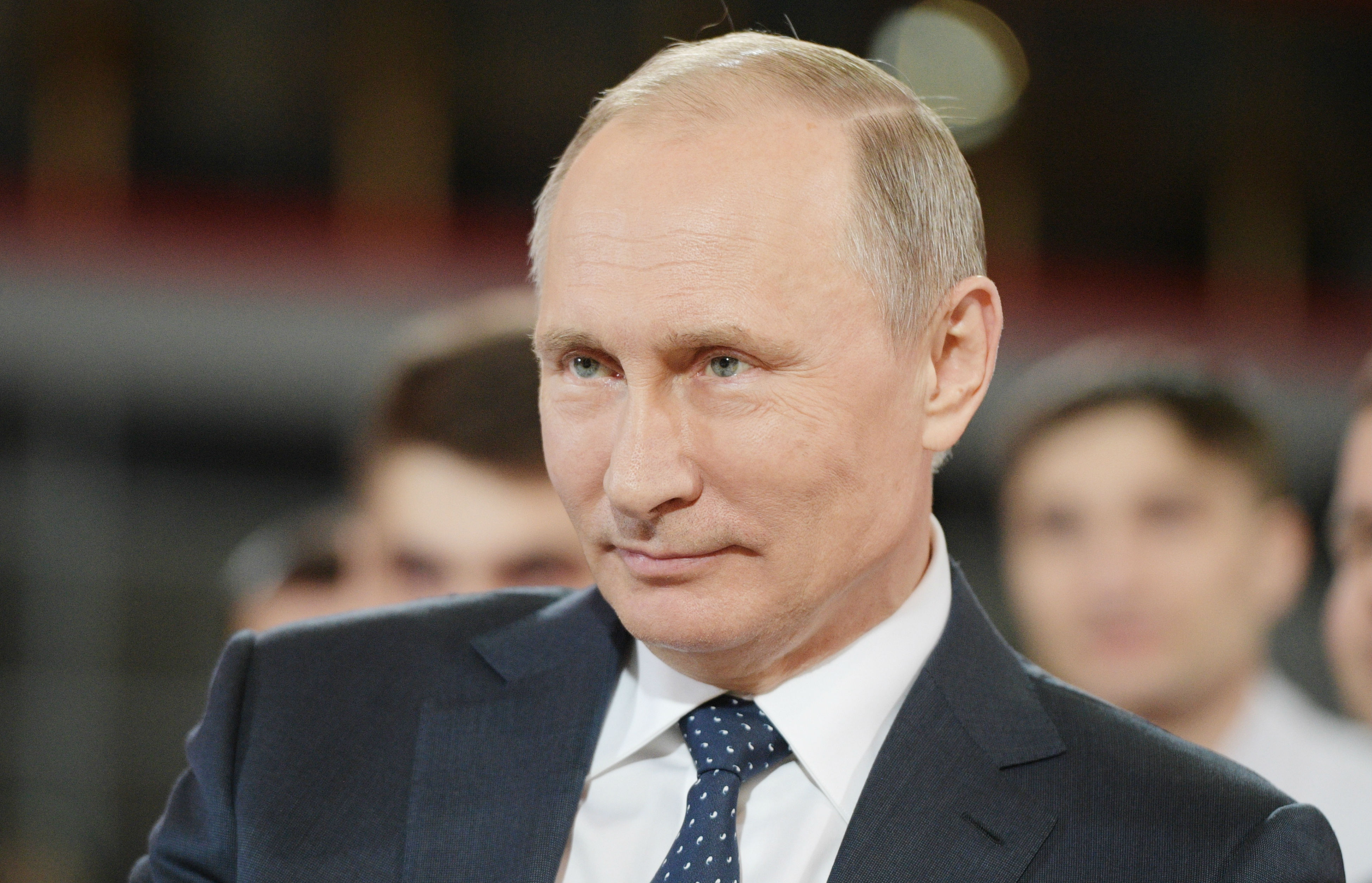The head of Lithuania's Catholic Church has warned that imperial ambitions are still "very much alive" in Russia and stressed that his country will defend its "freedom and independence" against any new act of aggression.
"People in the West who speak in Russia's defence, seeing it as surrounded by hostile NATO states, need to take a reality check - Lithuania, Latvia and Estonia pose no threat to Russia, and nor did Georgia or Ukraine", said Archbishop Gintaras Grusas of Vilnius, president of the Lithuanian Bishops Conference. "But we're in an uncomfortable position for Russia geographically, and the old mentality of the Soviet Empire forms part of a wider picture. Many in Russia want to re-establish that empire and consider the three Baltic states to be part of it".
The 55-year-old archbishop was speaking amid preparations for the early 2017 deployment of 4,000 NATO troops in Lithuania, Latvia, Estonia and Poland, to counter Russia's military build-up in the Baltic region. Speaking to The Tablet, he predicted the stationing of permanent allied forces would provide "some reassurance", but cautioned that concern remained high because of repeated airspace violations and the stationing of heavy weaponry in Russia's military enclave of Kaliningrad.
"There are always tensions, because we're close to the Russian border and hard to defend - so having our partners' boots on the ground here will show we're not on our own", Archbishop Grusas said. "As a Church, we're following Pope Francis in encouraging prayers for peace. We're also maintaining a community spirit and helping people seek truth when a lot of negative propaganda is being spread by Russian-language media and the internet."
Lithuania, Latvia and Estonia became independent from the Soviet Union in 1991, and joined the European Union and NATO in 2004, gaining protection under the alliance's Article 5 collective defence guarantee. All three have increased defence spending sharply and stepped up anti-tank defences since Russia's 2014 annexation of Crimea and military involvement in Ukraine. However, the Russian build-up of radars, air defence systems and nuclear batteries in Kaliningrad on Lithuania's western border is believed likely to impede NATO reinforcements in the Baltic during a crisis.
In the Tablet interview, Archbishop Grusas said he was aware, as Lithuania's military bishop, that NATO's European member-states had long been urged to spend more on defence, adding that US President-elect Donald Trump's threats to scale down US military commitments unless this happened were "nothing new".
"This was most probably campaign rhetoric, even a negotiating stance to push the Europeans to pay their share, so I took these comments with a grain of salt", the archbishop said. "Steps have also been taken now to reassure NATO members the US position won't change. But there's still very much a feeling that the threat from Russia is growing."
Catholics make up 79 per cent of Lithuania's three million inhabitants, according to official data, compared to a quarter of citizens in Latvia and fewer than one per cent in Estonia, while all three countries are home to substantial Russian minorities.
Archbishop Grusas said he had hosted Bishop Frank Spencer from the US Archdiocese for Military Services at late November celebrations of Lithuania's National Military Day, along with military personnel from the US, Poland, France and Ukraine. He added that NATO had "always been a defensive entity for maintaining peace", and said it would lose its moral purpose and the Catholic Church's endorsement if it ever tried to "take over other countries".
"Whether it's America or Russia, everybody wants to be great - but a country expresses greatness when it can respect and live in peace with its neighbours rather than trying to conquer them through acts of war", the Bishops' Conference president told The Tablet. "People who have gone through 50 years of Soviet occupation and all the subsequent hardships will know challenges and insecurities are part of life. But NATO and the EU have prevented war on European soil, and there's hope this can be preserved. It's what we're praying for, with the same faith in God that's helped us so much in our history".
US Republican Party senators are to meet this month with parliamentarians from Lithuania, whose government reintroduced military conscription in 2015 and has circulated civil defence pamphlets advising citizens what to do in the event of a Russian invasion.




 Loading ...
Loading ...